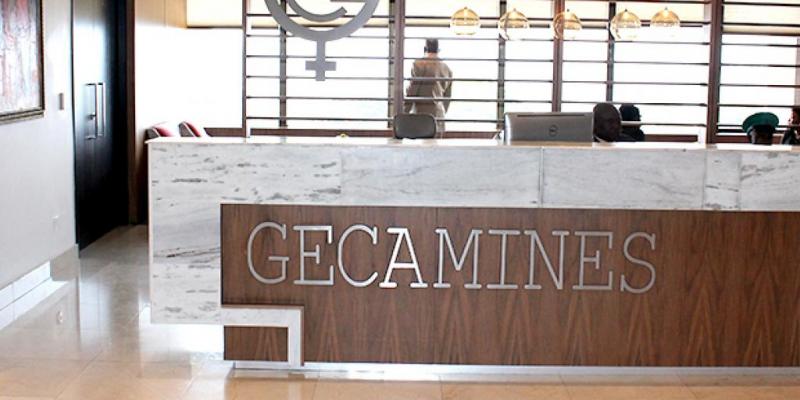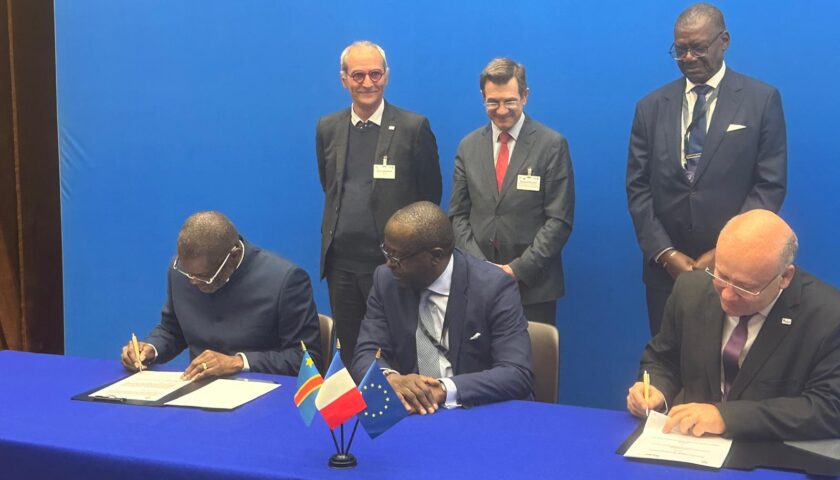
(MNM Picture)
johannesburg (Osisa.org) – The capture of Goma by M23 rebel forces is the latest demonstration of the ineffectiveness of the government of the Democratic Republic of Congo (DRC) and its army (the FARDC). Whatever the political machinations behind the military’s most recent capitulation may be, the overarching themes are the longstanding institutional and governance weaknesses of Congo’s central authorities – weaknesses that the Southern Africa Resource Watch (SARW) has highlighted multiple times in its reports and analyses.
And yet almost nothing has been done to actively tackle the real governance issues. In particular, the international community and the government of President Kabila have consistently neglected serious security sector reform in eastern Congo, partly due to the prevailing ‘conflict minerals’ narrative. But the reality on the ground could not be more different from the concept that every conflict in eastern Congo is – at its heart – a fight for control over the country’s vast natural resources. This certainly does not appear to be the case with the current conflict.
Not only have UN reports pointed fingers squarely at Rwanda and Uganda for providing support to the M23 but the rebels have never gained a foothold in any areas where formal or artisanal gold mining takes place or where other major mineral extraction occurs.
Theoretically, by occupying the Bunagana border crossing, the rebels seized control of the key point on the most lucrative export route for Congo’s cassiterite, coltan and wolframite. In addition, occupying the Lueshe mine in Rutshuru territory should have granted them access to its strategically important Pyrochlor deposits.
However, since the M23 advanced into Rutshuru, mineral exporters have chosen to avoid Bunagana and use alternative routes to ship their valuable ore out of the country, while the Lueshe mine has been inoperative for more than a decade and provides no source of income for the rebels.
And the vast majority of eastern Congo is not under the control of the M23 – or indeed of other illegal armed groups. In fact, a just-released research report from SARW – Conflict Gold to Criminal Gold: The new face of artisanal gold mining in Congo – provides compelling evidence that the hundreds of thousands of artisanal gold miners in four provinces (North Kivu, South Kivu, Oriental and Maniema) are no longer afraid of warlords or militias. Instead, they fear the hordes of corrupt civil servants, bureaucrats and members of the government’s security forces, who are far more interested in exploiting the miners rather than supporting and protecting them.
Would FARDC soldiers have defended Rutshuru with greater vigour if it were rich in gold? Wouldn’t they have fought harder to deny M23 control over Goma if it were an important gold trading centre? The reality is that gold is not responsible for the success of M23 – that responsibility lies with Congo’s leaders, who show no interest in building effective institutions or following democratic principles, and Congo’s eastern neighbours.
Membership of regional and sub-regional organisations comes with a duty to uphold regional peace and security. The 11 members of the International Conference of the Great Lakes Region (ICGLR) have stepped up to their responsibility by condemning the M23 rebellion and by compelling Rwanda’s President Paul Kagame to publicly support this position. But the ICGLR must go further. The member states are obliged to assist each other and to prevent non-state actors from instigating revolts – obligations that include the careful screening of any financial and mineral transactions that could support illegal armed activities, and the prompt reporting to the ICGLR Secretariat of any pertinent findings.
In addition, under the statues of the African Union, sanctions must be imposed against any party that seeks to overthrow the government of a member state through unconstitutional means. AU sanctions must also be applied to any state that supports such unconstitutional changes of government.
While some countries are directly implicated in the M23 rebellion, nations that provide financial and military support to these countries must accept responsibility for indirectly supporting this latest attempt to overthrow the DRC’s government by unconstitutional means – and must take action urgently.
It is true that Britain and America have withdrawn from their support-Rwanda-at-all-costs position but this must be more than just a rhetorical change – it must also lead to a change of policy and practice. In particular, it is time for them to impose sanctions on Congo’s meddling eastern neighbours and vigorously monitor those sanctions to prevent them from further destabilising the DRC.
The current conflict is not about minerals. It is about Congo’s dreadful governance – and the bloody role of neighbouring governments.
This opinion piece was written by Enrico Carisch and Dr Claude Kabemba, SARW Director



